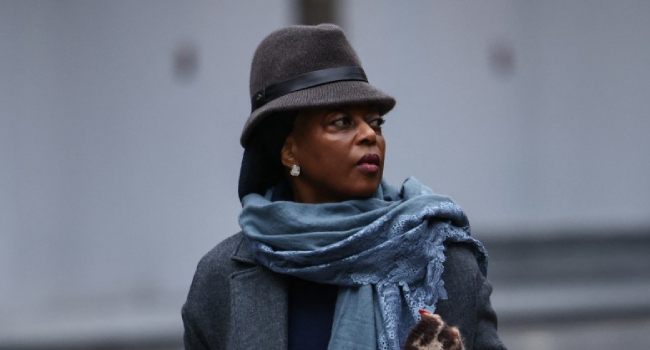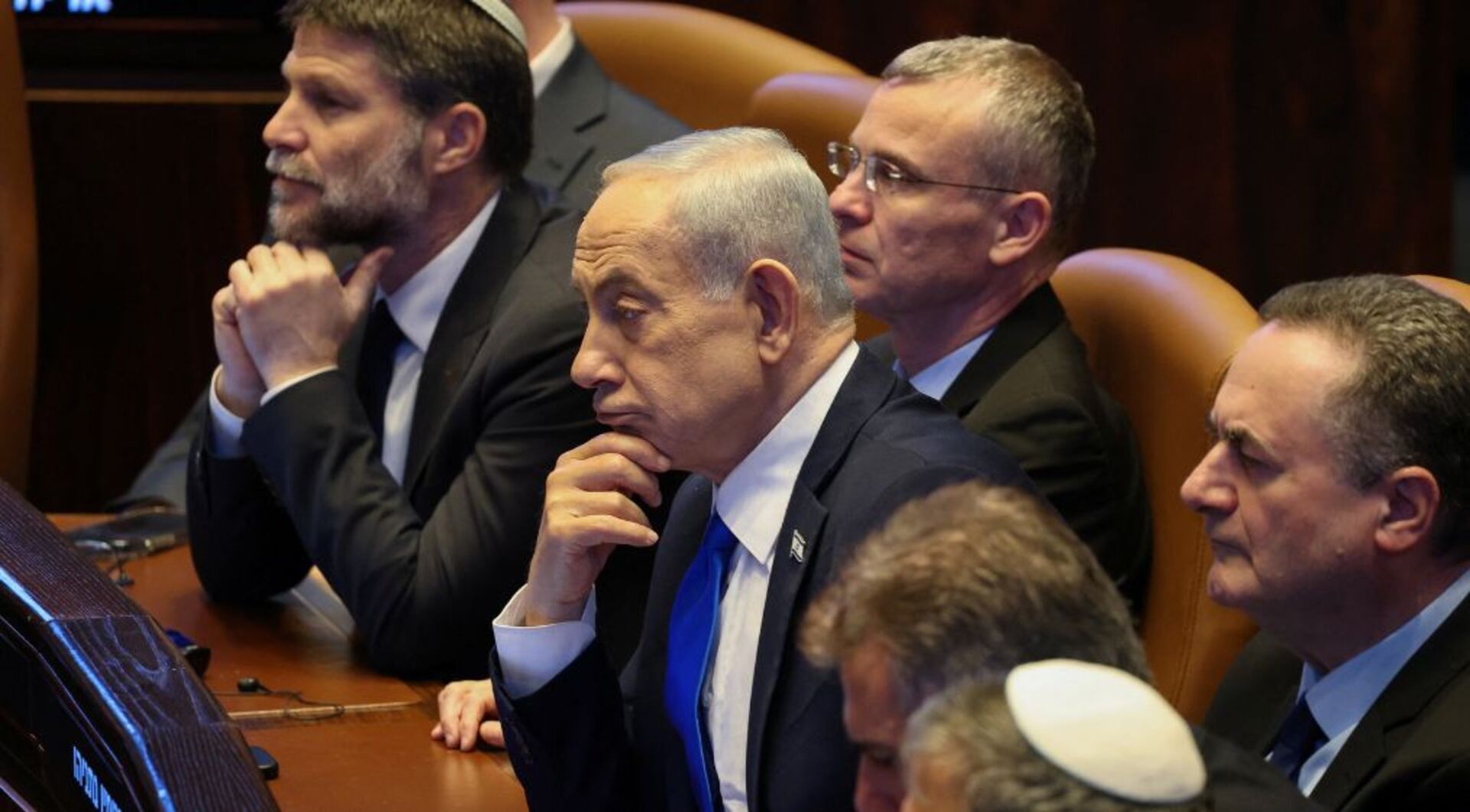- 20 Comments
Brighton striker Danny Welbeck has triggered a 12-month option in his contract to extend his deal to the end of next season.
The 35-year-old forward’s current contract was due to expire at the end of this season, but it is understood the option for an extra year is now in place.
Welbeck signed a new two-year deal in 2024 but the existence of the 12-month option was not reported at the time.
- 1 November 2025
Welbeck has impressed this season and is currently the club’s top goalscorer with 11 goals in 30 appearances, the latest coming in Sunday’s 2-1 win over Nottingham Forest.
His performances have put him in contention for an England recall in the lead up to this summer’s World Cup, with boss Thomas Tuchel revealing before the qualifiers in November he gave serious consideration to handing Welbeck a place in his squad.
Tuchel names his next squad – the last before selecting his World Cup party – later this month.
Brighton manager Fabian Hurzeler has made clear his desire to ensure Welbeck stays at the club in recent weeks.
Related topics
- Brighton & Hove Albion
- Premier League
- Football











